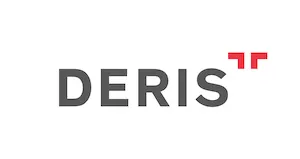Current Legislation
Article 84 of the Decree Law No. 551 states that where a patent concerns a process for the manufacture of new products or substances, unless proof to the contrary, any product or substance having the same properties shall be deemed to have been obtained by using the patented process. The burden of proof lies with the persons claiming the contrary.
Article 136 provides that where the patent is obtained for a process for the production/preparation of a product, all products, possessing the same properties, shall be deemed to have been manufactured by the patented process. The defendant claiming that he manufactured/produced the product without infringing the patented process shall have the burden of proving such claim.
Proposed Changes by the Draft IP Law
Article 141/2 of the Draft states that where the patent is obtained for a process for the production/preparation of a product or a substance, the court may request from the defendant to prove that the product, possessing the same properties, has been produced/manufactured without infringing the patented process.
Where the patent is obtained for a process for the production/preparation of a new product or substance, all products, possessing the same properties, shall be deemed to have been produced/manufactured by the patented process. The defendant claiming that he manufactured/produced the product without infringing the patented process shall have the burden of proof.
Comment
Articles 84/2 and 136/2 of the current legislation are contradictory since Article 84/2 refers to a "new product" whereas Article 136/2 does not. The existence of two these two provisions, causes confusion in practice for the matters where the burden of proof should shift to the defendant.
The Draft IP Law provides one article which removes the contradiction of the current legislation and is in line with Article 34 of TRIPs.
According to the draft Article 141/2 the court will have the discretion to shift the burden of proof where the infringed process is not related to a new product, whereas if the infringed process relates to a new product, the burden of proof will definitely rest with the defendant.
The content of this article is intended to provide a general guide to the subject matter. Specialist advice should be sought about your specific circumstances.


